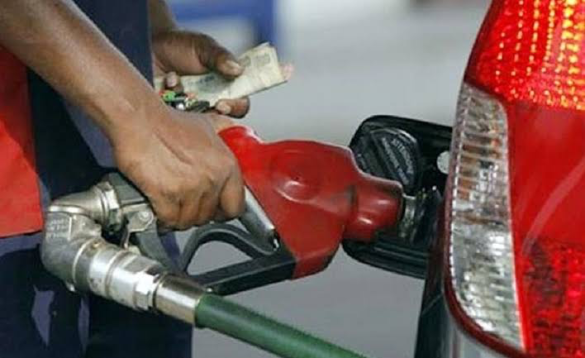KEY POINTS
- Nigeria spent ₦4 trillion on fuel imports in H1 2025, putting pressure on foreign reserves.
- Petrol dominated imports from ECOWAS, highlighting gaps in domestic refining despite Dangote’s progress.
- Nigeria imported more crude from the U.S. than it exported for the first time, marking a global trade shift.
Nigeria has spent a staggering ₦4 trillion ($2.58 billion) on petrol imports in the first half of 2025, according to fresh trade data that underscores the country’s stubborn reliance on foreign refined products despite ambitious local refining projects.
Figures released by the National Bureau of Statistics (NBS) show that the country imported ₦1.76 trillion worth of Petrol in the first quarter of the year, with the number climbing further to ₦2.3 trillion in the second quarter.
The pace suggests that Nigeria could match, or even surpass, the ₦15.4 trillion spent on fuel imports in 2024, a bill that drained foreign reserves and amplified naira volatility.
Petrol Dominates Imports From West Africa
Petrol remains Nigeria’s single largest import from the ECOWAS region, accounting for ₦208.76 billion in Q2 alone.
Despite efforts to expand domestic refining, including the much-publicized Dangote Refinery, the country still depends heavily on regional supply routes to bridge local shortfalls.
NBS data further highlights how energy products dominate the nation’s import basket. Alongside petrol, top imports in Q2 included durum wheat, gas oil, crude petroleum oils, and cane sugar, while more niche goods such as silk fabrics worth ₦69.3 billion also featured prominently.
The numbers illustrate the stubborn gaps in Nigeria’s downstream petroleum sector, where refining capacity is still catching up with surging domestic demand.
The nation’s trade patterns are also shifting globally. In a historic reversal, Nigeria imported more crude oil from the United States than it exported in February and March this year, according to the U.S. Energy Information Administration (EIA).
The development reflects both reduced U.S. demand for Nigerian crude on the East Coast and the rising appetite of the Dangote Refinery, which began operations in January 2024 and is expected to hit its full 650,000 barrels per day capacity later this year.



